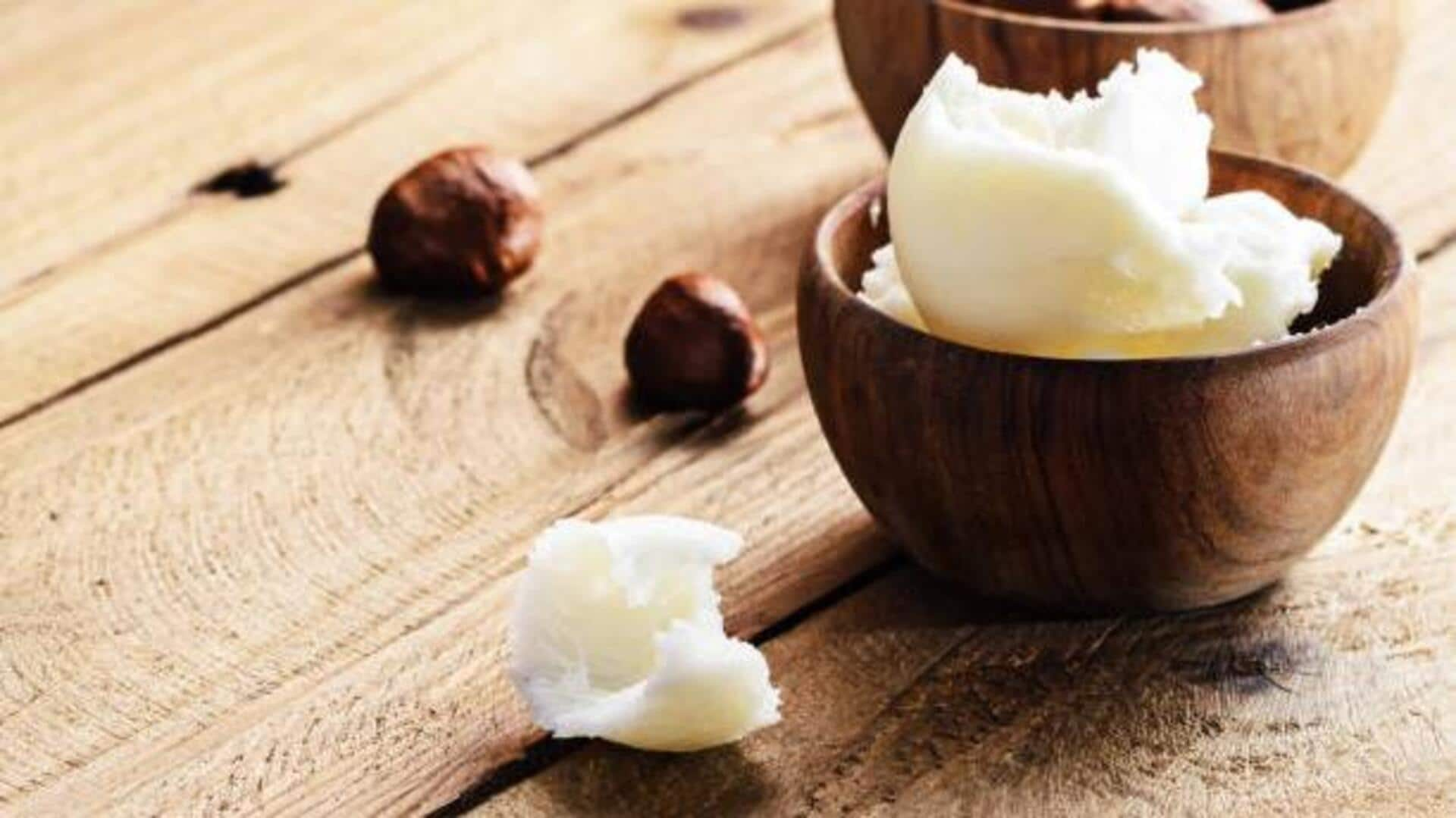
Unexpected ways to use shea butter
What's the story
African shea butter is known for its skincare benefits, but did you know that it goes beyond the conventional? Extracted from shea tree's nuts, this natural product is packed with vitamins and fatty acids. While it's a staple in most beauty regimens, its applications aren't just limited to skincare. From crafting to culinary uses, shea butter opens up a world of possibilities that can be explored for various purposes.
Candle crafting
Handmade candles with shea butter
You can opt for shea butter while making candles. It adds smoothness and fragrance to the candle, and when mixed with other waxes such as soy or beeswax, the burn quality increases and yields a creamy finish. Not only does this improve the overall look, but it also makes the burn last longer. The natural scent of shea butter gives a mild fragrance without overpowering other scents.
Soap crafting
Shea butter in soap making
In soap making, shea butter makes an excellent moisturizing agent. Its addition creates bars that are soft on the skin but still cleanse effectively. The high concentration of vitamins A and E promotes skin health by nourishing and protecting it from dryness. Further, using shea butter in soaps may also give you a luxurious lather that enriches your bathing experience.
Hair care innovations
Shea butter for hair care products
Beyond skincare, shea butter is a boon for hair care products because of its hydrating properties. One can add it to conditioners and hair masks to boost moisture retention and control frizz. The fatty acids in it help strengthen hair follicles and promote healthy growth. By adding shea butter to the hair care formulation, one can attain softer, more manageable hair without any synthetic ingredients.
Culinary applications
Culinary uses of shea butter
While mainly recognized for cosmetic purposes, refined, food-grade shea butter is also used in cooking. It acts as a substitute cooking fat just like margarine or vegetable oils, owing to its stable nature at high temperatures. In certain areas where it is traditionally used, it contributes to the diet by adding essential fatty acids needed to keep you healthy when used in moderation within dietary guidelines.